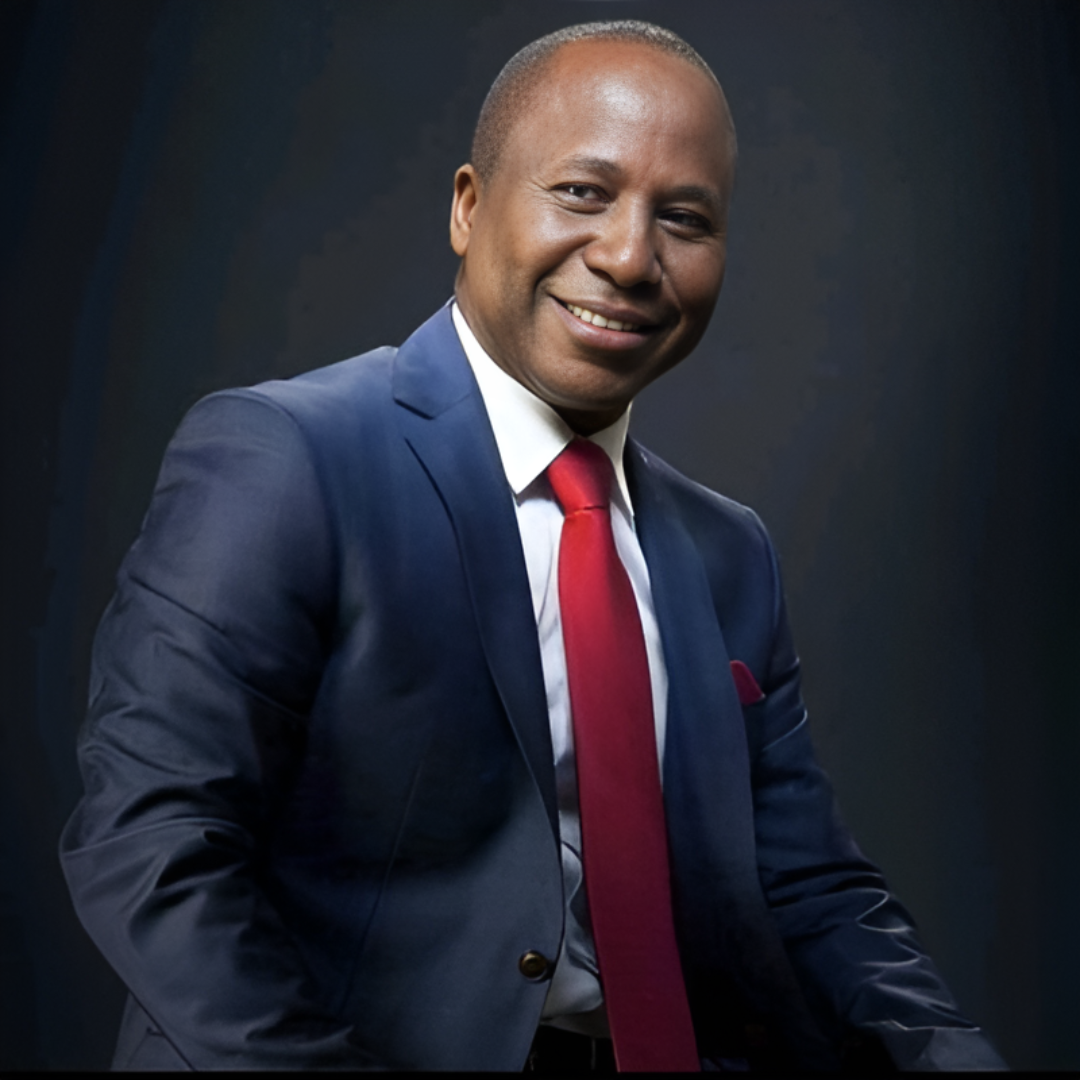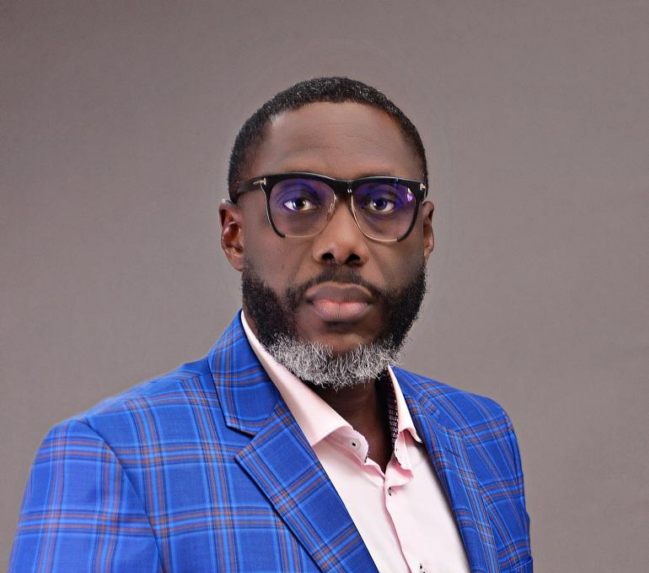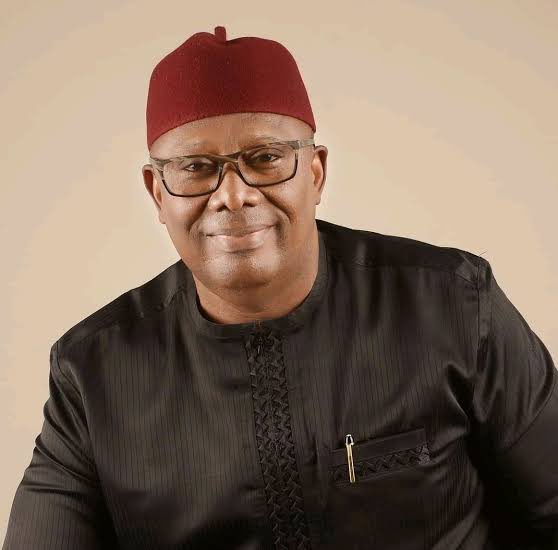Prof. Steve Azaiki
“…If we build and accumulate human capital only to lose it to other nations through emigration, we would likely be stagnant and not really be adding to what we have.”
Human capital development is the process of acquiring and enhancing the skills, knowledge, health, and well-being of people to enable them to contribute productively to the economy and society. It is a key driver of economic growth and poverty reduction, as well as a source of social and political stability.
Economic growth in any society is a function of the amount and quality of human capital available in that society. Societies with abundant human capital have greater growth prospects than those with less endowment. Societies, therefore, seek opportunities to accumulate human capital by investing in the education, skills, nutrition, health, and well-being of their members.
Abundant human capital promotes inclusive growth and shared prosperity, ideals that enhance the flowering of the human spirit and make way for social harmony.
In the World Bank Human Capital Index, Africa scores the lowest. This index measures how well a country invests in its youth population and prepares them for the challenges of the global economy. This low ranking means Africa is the continent least equipped to exploit opportunities in the global marketplace. The implication is that, in the race to secure greater economic prosperity, African nations are generally trailing behind other nations. Taking Nigeria as an example, you will find that we are ranked 152nd out of 157 countries in the Human Capital Index, with a score of 0.34 out of 1.
This means that a child born in Nigeria today will only achieve 34% of their full potential by 18 compared to a benchmark of complete education and full health. The indices are Stark!
The main factors that limit human capital development in Nigeria are poor quality and access to education and health services, high levels of poverty and inequality, low female participation and empowerment, insecurity and conflict, and weak governance and institutions. In specific terms, indicators like school enrolment, infant and maternal mortality, universal health coverage, and child stunting all have poor rates. Government spending on these items is far below the levels prescribed by the UN.
That puts the country in a bad position in comparison with others in the world. But that, generally, is the story of the nations The differences among the continent’s nations are mostly marginal.
To transform Africa’s economies and make them more productive and capable of catching up with the rest of the world, national resources must be invested in providing quality education and health services, skills development, jobs, and nutrition. There are huge human capital gaps on the continent, but there are also opportunities for national governments to explore.
To address these challenges, the Nigerian government has designed and implemented various policies and programs aimed at increasing investments in the Nigerian people and improving their human capital outcomes. Some of these include:
1. The National Human Capital Development Program, which was launched in 2019 with the support of the World Bank and other development partners. The program is focused on three pillars: education, health and labor force.
It aims to promote a quality, inclusive and functional education system; provide equitable access to affordable and quality health care for every Nigerian; and empower youth to have the capacity and skills to create or seek employment.
2. The National Health Insurance Scheme (NHIS), which was established in 2005 to improve workers’ productivity by reducing out-of-pocket hospital bills settlement. The scheme covers formal and informal sector workers, as well as vulnerable groups such as children under five, pregnant women, the elderly and the disabled.
3. The Universal Basic Education (UBE) program, which was introduced in 1999 to provide free and compulsory nine years of basic education for all children aged 6 – 15 years.
The program also provides grants, textbooks, teacher training and infrastructure support to improve the quality and access of basic education.
These are some of the examples of how Nigeria is striving to improve its human capital. The nations of Africa have, in different ways, implemented reforms with a view to accumulating human capital, and some of these policies have produced commendable results.
However, there is still a lot of room for improvement and more needs to be done to achieve the desired outcomes. Some of the recommendations that I would like to propose are:
a. Focusing on building brain power and less on infrastructure.
Most governments devote a lot of resources to building glamorous physical structures that would be conspicuous and create in their people a sense of government commitment to providing services, but demonstrate no such commitment to human capital development.
They do not figure out that adequate human capital is what is needed to properly man those physical infrastructure projects as well as build more. In Nigeria, Aliko Dangote, Africa’s richest man, has built the largest refinery on the continent, that is human capital working privately to address a public need.
b. Building specialised educational institutions.
In Nigeria, for example, there are 170 universities but, apart from a handful that are specialized institutions, they all have similar all-purpose study programmes. You will often find a university of science and technology offering programmes in law and history. That should not be the case. Many of our universities need to specialise in relatively narrow areas and give their students in-depth knowledge of the courses on offer. Our stock of human capital would tremendously improve with this specialisation.
c. Increasing budgetary allocation to education and health sectors to meet the minimum standards set by UNESCO and WHO.
Currently, Nigeria spends only about 6% of its GDP on education and 3.6% on health, which are far below the recommended 15% and 5%, respectively. Many other countries on the continent also need to allocate a larger percentage of their budget to education and health services.
d. Strengthen governance and accountability mechanisms to ensure efficient and effective delivery of public services.
This includes enhancing transparency, monitoring and evaluation, fighting corruption, enforcing rules and regulations, and engaging citizens and civil society in policy formulation and implementation.
e. Leverage on technology and innovation to improve human capital development.
This includes investing in digital infrastructure, skills development, e-learning platforms, telemedicine services, data analytics, artificial intelligence and other emerging technologies that can enhance learning outcomes, health care delivery, job creation and economic competitiveness.
In addition to the foregoing, Africa needs to retain the human capital we build. In Nigeria, the problem of brain drain is big. Out of 72,000 registered doctors, 35,000 were practicing abroad as of 2020. This figure does not capture the nurses and other medical professionals that have left the country. This level of emigration can hollow out the medical sector in any country.
Africa needs to address the issue of brain drain by creating environments suitable for the thriving of our trained manpower and providing them better remuneration. If we build and accumulate human capital only to lose it to other nations through emigration, we would likely be stagnant and not really be adding to what we have.
Our struggle for economic transformation powered by skilled manpower would not yield the fruit we expect. We must, therefore, be determined to sincerely implement policies that would engender economic growth and address issues of inequality.
Human capital development is not only a moral imperative but also an economic necessity for Africa. It is the key to unlocking our potential and revving up the engine of economic growth in the continent. It is also essential for achieving the Sustainable Development Goals (SDGs) by 2030.
The Parliament has a pivotal role to play in this regard. Through scrutiny and refining of government policy proposals, making of relevant laws, exercise of oversight powers to correct al deviations and anomalies, parliamentarians can stimulate and guide the growth that we desire. In our hands i the power to build human capital and improve the fortunes of our nations.
I therefore urge each and every one of us to join hands and strengthen ourselves to match towards the goal of developing the human capital in our various countries. Then, when we put together the stock of human capital in Africa, we would be a great continent with ability to address issues that confront us, such as the drought in Morocco. Together, we can make Africa a better place for ourselves and future generations.




Leave a Reply